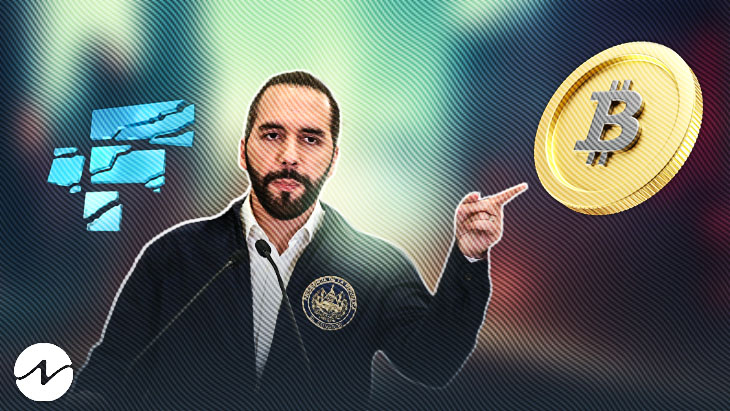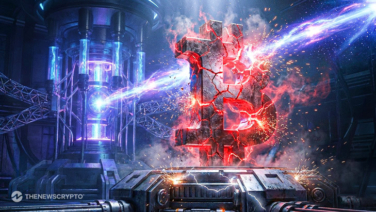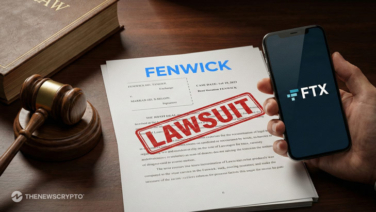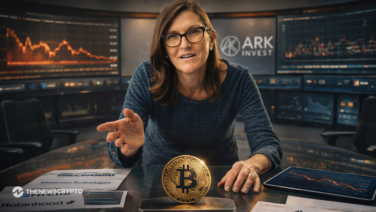- El Salvador President is over-optimistic about Bitcoin’s future amid crypto doom.
- El Salvador’s Bitcoin holdings were not held on the ruined FTX exchange.
Famous Bitcoin maximalist El Salvador President, Nayib Bukele, showed up on Twitter to solidly express the cruciality of Bitcoin amid the ongoing chaos in the crypto market. He penned down that the bankrupted crypto exchange FTX is unlike Bitcoin. FTX’s non-transparency and unfair handling of users’ funds triggered him to point out how extremely opposite FTX’s and Bitcoin’s modus operandi is.
FTX is the opposite of #Bitcoin #Bitcoin ’s protocol was created precisely to prevent Ponzi schemes, bank runs, Enron’s, WorldCom’s, Bernie Madoff’s, Sam Bankman-Fried’s…
— Nayib Bukele (@nayibbukele) November 14, 2022
…bailouts and wealth reassignments.
Some understand it, some not yet.
We’re still early.
🌎/21m
He strongly advocates for Bitcoin, believing it is the potential tool against all the humongous scandals and Ponzi schemes that the global economy is exposed to. He stated the dominant DeFi pioneer was created to prevent even the current “FTX contagion.” There would be no chaos created by bailouts, insolvencies, or bankruptcies.
Rumors spread around saying that El Salvador’s Bitcoin holdings were on FTX. Binance CEO CZ falsified them by rushing in as the messenger of the President.
Bitcoin Evangelist For Eternity?
The El Salvador President is well known for his craze over Bitcoin in the crypto sector. On September 7, 2021, the Central American country became the first nation to accept Bitcoin (BTC) as legal tender. Ever since then, Bukele ushered in the formation of a Bitcoin-based economy. He received criticism for betting the Salvadoran economy on the highly volatile asset and landing in hard debts. But none of those stopped him from investing in BTC even during the bearish dips this year.
Remarkably, the country takes pride in encompassing the “Bitcoin Beach”, which is the label given to El Zonte – an island where every merchant accepts Bitcoin as payment. The country launched its own digital wallet, the Chivo app, to transform Bitcoin into a prominent domestic currency for El Salvador. Despite all these, Bukele’s forecast of the Bitcoin-led economy does not seem to have a positive change in the country’s growth. Moreover, BTC adoption among the locals is not common.
It is evident from Bukele’s opinions that Bitcoin’s true decentralization and transparency persuade him to consider the crypto “the future.” Criticisms do prevail and but neglecting all that, Bukele emerges as the determined advocate for Bitcoin-powered economies.








